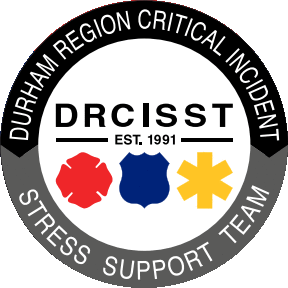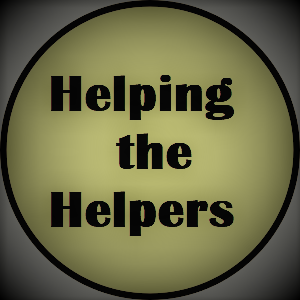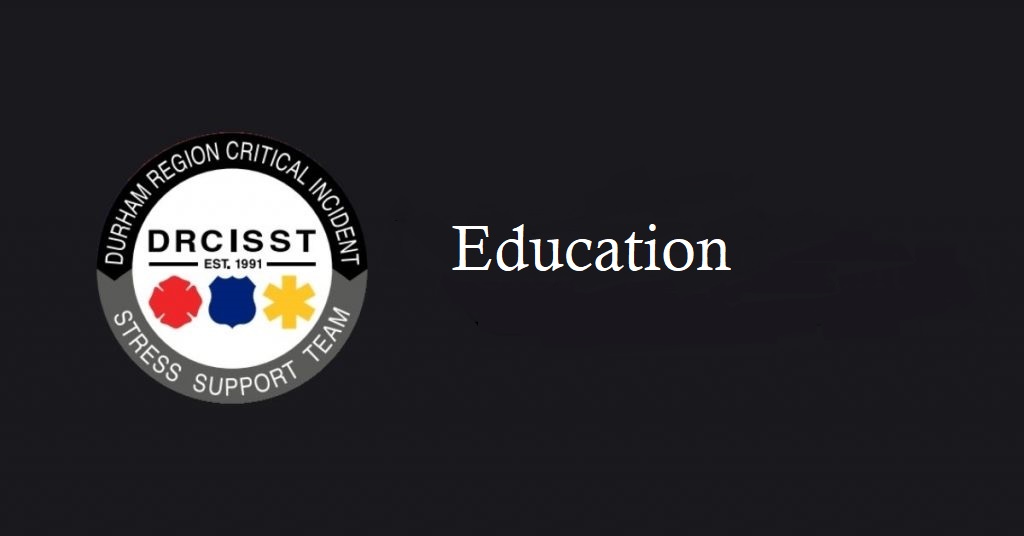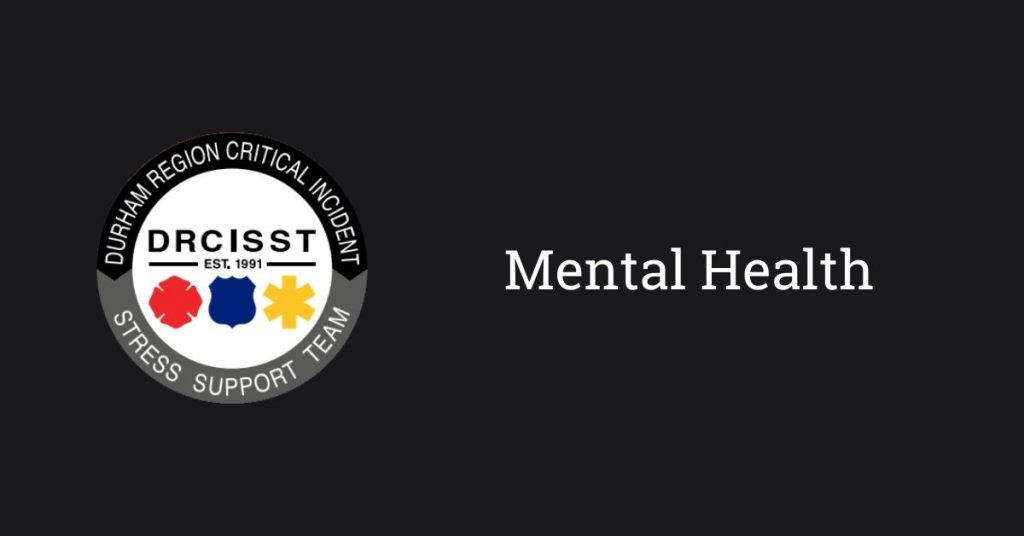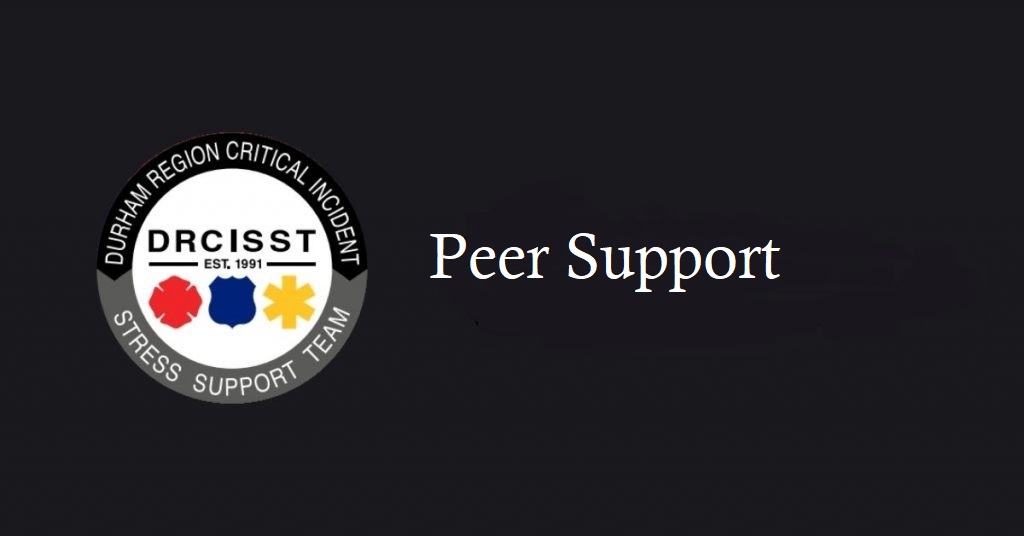Causes
It is believed that PTSD is caused by a complex mix of:
- Life experiences, including the amount and severity of trauma you have experienced since early childhood.
- The way your brain regulates the chemicals and hormones your body releases in response to stress.
- Inherited mental health risks such as an increased risk of anxiety or depression and inherited aspects of your personality or temperament.
Risk Factors
- Having a job that increases your risk of being exposed to traumatic events, such as first responders, corrections and military personnel.
- Experiencing intense or long-lasting trauma.
- Feeling horror, helplessness or extreme fear.
- Seeing people get killed or hurt.
- Having experienced other trauma earlier in life, including childhood abuse and or neglect.
- Having other metal health problems such as anxiety or depression.
- Lacking a good support system of family and friends.
- Dealing with extra stress after the event, such as loss of a loved one, pain and injury, or loss of a job or home.
- Having biological (blood) relatives with mental health problems including PTSD or depression.
PTSD can increase the risk of other mental health problems such as:
- Depression and anxiety,
- Issues with alcohol and drug use,
- Suicidal thoughts and behaviours.
Posttraumatic Stress Disorder

- Signs that someone may have PTSD
- How PTSD differs from common reactions to trauma
- How PTSD affects the people who have it and those around them
- How to respond to someone who has been through a traumatic event.
Signs and Symptoms
Symptoms often start within 1 month of an event or repeated events. In some cases, symptoms may not appear until months or years later. The symptoms can make it hard for the person to live their everyday life and can be accompanied by depression, substance abuse, or other anxiety disorders. Below are 3 types of symptoms associated with PTSD1:
Intrusive Memories
Also called re-experiencing symptoms, these memories can start from the persons own thoughts, or can be triggered by words, object or situations that are reminders of the traumatic event. Intrusive memories include:
- Recurring, unwanted distressing memories of the traumatic event
- reliving the event as if it were happening again,
- Upsetting dreams about the event, and
- Severe emotional distress or physical reactions (heart racing, hands sweating) to something that reminds you of the event.
Avoidance
Avoidance symptoms may cause a person to change their routine, including avoiding things that remind them of the event as well as negative changes in thinking and moods. This includes:
- Trying to avoid thinking about the event,
- Avoiding places, objects, activities or people that remind you of the event,
- Increased negative feelings about self or others,
- Feeling emotionally numb or inability to experience positive or negative emotions,
- Feeling hopeless about the future,
- Losing interest in activities that were enjoyable in the past,
- Feeling strong guilt, depression or worry,
- Memory problems including not remembering important aspects of the traumatic event,
- Difficulty maintaining close relationships.
Hyper-arousal Symptoms
These symptoms are changes in emotional reactions usually constant and can make a person feel stressed, angry, overwhelmed and “on guard.” The symptoms include:
- Irritability, feeling tense or “on guard,”
- Difficulty sleeping,
- Angry outbursts or aggressive behaviours,
- Being on constant guard for danger,
- Feelings of overwhelming guilt or shame,
- Self-destructive behaviours,
- Trouble concentrating or sleeping, and
- Being easily startled or frightened.
What PTSD Might Look Like at Work

Each individual will have their own responses and coping skills in reaction to traumatic events, but there are some identified examples of how PTSD may manifest at work, including:
- Trouble remembering or concentrating on tasks,
- Difficulty managing time or completing tasks,
- Feelings of fear and anxiety with usual duties,
- Unreasonable reactions to normal situations,
- Anger outbursts and interpersonal conflict,
- Excessive fatigue and abnormal sleep patterns,
- Inability to cope with stressful events,
- Avoiding certain job duties previously performed,
- Social withdrawal,
- Increased alcohol use after work,
- Performance deterioration,
- Lateness or absenteeism.
When to see a Psychologist or Physician
A person should see a Psychologist or Physician if the symptoms last for more than one month and include experiencing at least:2
- one intrusive memory symptom
- three avoidance symptoms and
- two hyper-arousal symptoms
